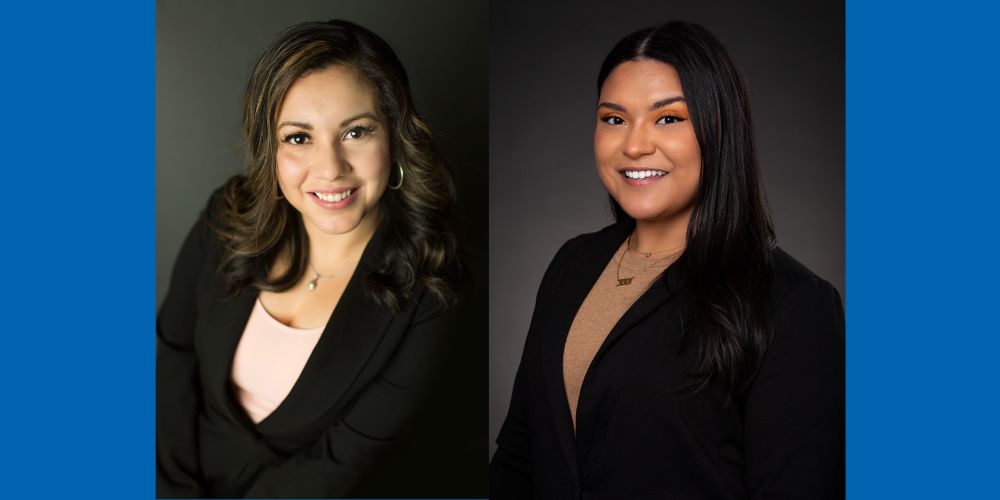UTA a starting point for community health workers

For Denise Hernandez, adjunct assistant professor of kinesiology at The University of Texas at Arlington, a successful community health worker (CHW) wears a variety of hats.
“You have this friend, and you have this health professional, and you have this advocate,” she said. “You mix them all together, and you get a community health worker. They are familiar with how to navigate the health care system, and even if they don’t have all the answers, they know where to find them. They are advocates for the community.”
Along with her role in the College of Nursing and Health Innovation, Hernandez serves as executive director of the DFW-CHW Association, which provides development and outreach opportunities to CHWs and CHW instructors across North Texas. CHWs provide culturally appropriate health education and information, coaching and social support. They also build links between communities and the local health departments that serve them, especially for groups who traditionally have been excluded or marginalized.
Health insurance companies use CHWs to teach individuals about health insurance, and hospital systems use them throughout their organizations to assist patients. CHWs have intimate relationships with the communities they serve, tailoring information, resources and services accordingly. They are also natural helpers, Hernandez said, with an innate desire to serve others.
“We saw that especially during COVID, when CHWs stepped up and addressed those immediate needs of the community,” she said. “If a family needed groceries, we would find groceries for them. If they needed help downloading and learning how to work with Zoom for their children’s classrooms, there were CHWs doing that because they saw the need.”
There are more than 4,000 certified CHWs in Texas. One of them is UTA alumna Ashley Torres. She uses her CHW certification to help community members daily, connecting patients with outpatient care before they get discharged, guiding them through financial assistance for hospital bills and searching for specialists who will help cover treatment costs, among other tasks.
Torres said she comes from an underserved community and wants to be what her family and her community did not have: an advocate.
“Now that I have my studies done, I know how to be resourceful,” she said. “I wanted to give back to communities that were similar to the one that built me into the person I am now.”
Torres says public health courses she took at UTA taught by Erin Carlson, clinical professor of kinesiology, had the biggest impact on her in school. She applied what she learned during courses on epidemiology, leadership and legislation toward her career goals.
“I appreciate her passion and her ability to make anything interesting in class. I even said to her right before I graduated: ‘Anything you teach or comes out of you, I am in love with it,’” Torres said. “She made the biggest impact on me and helped me make sure I follow what I care about the most.”